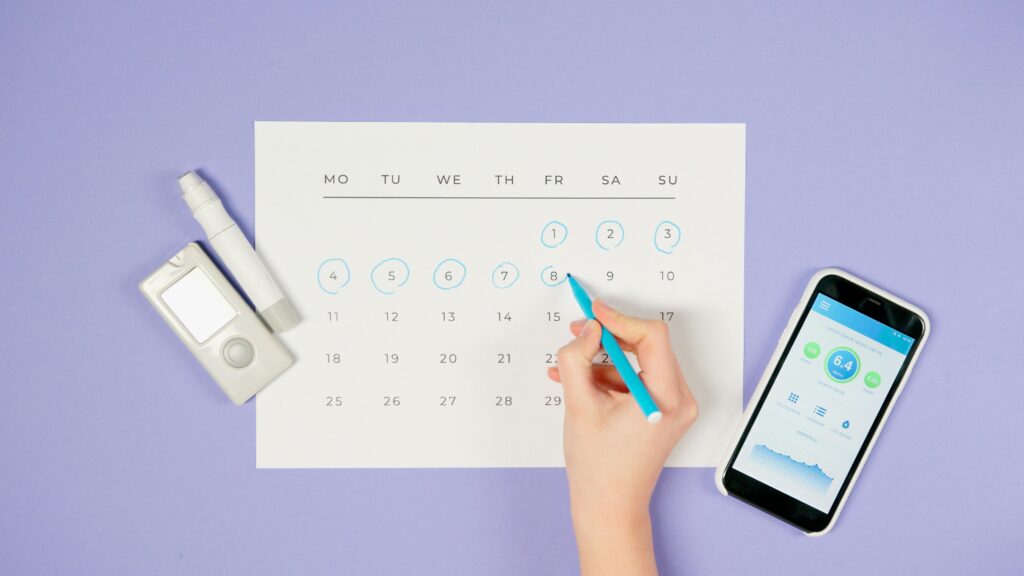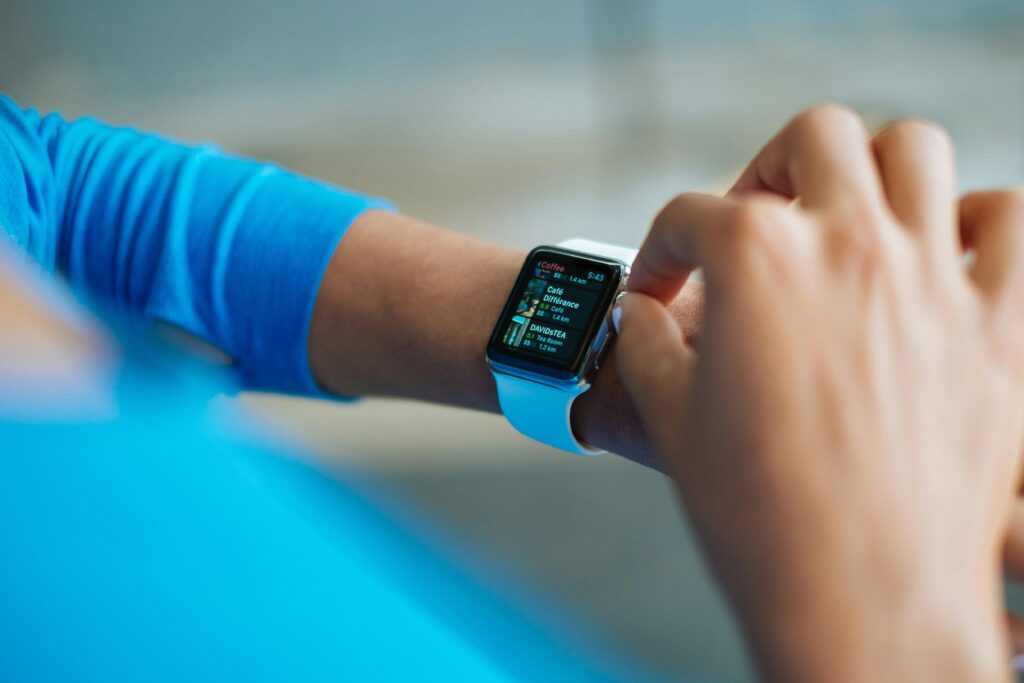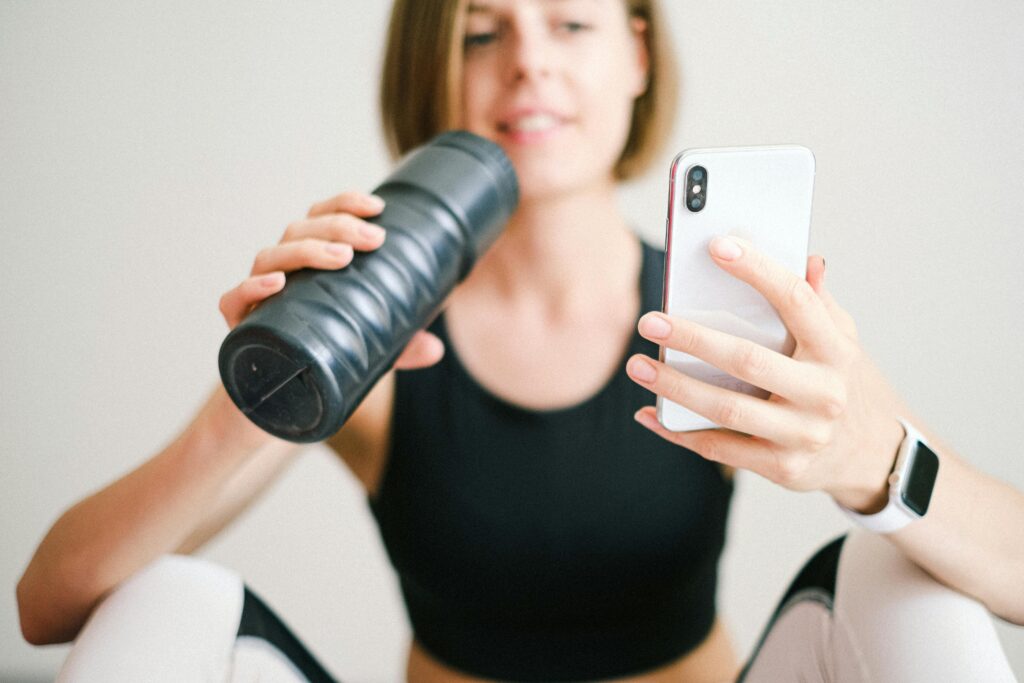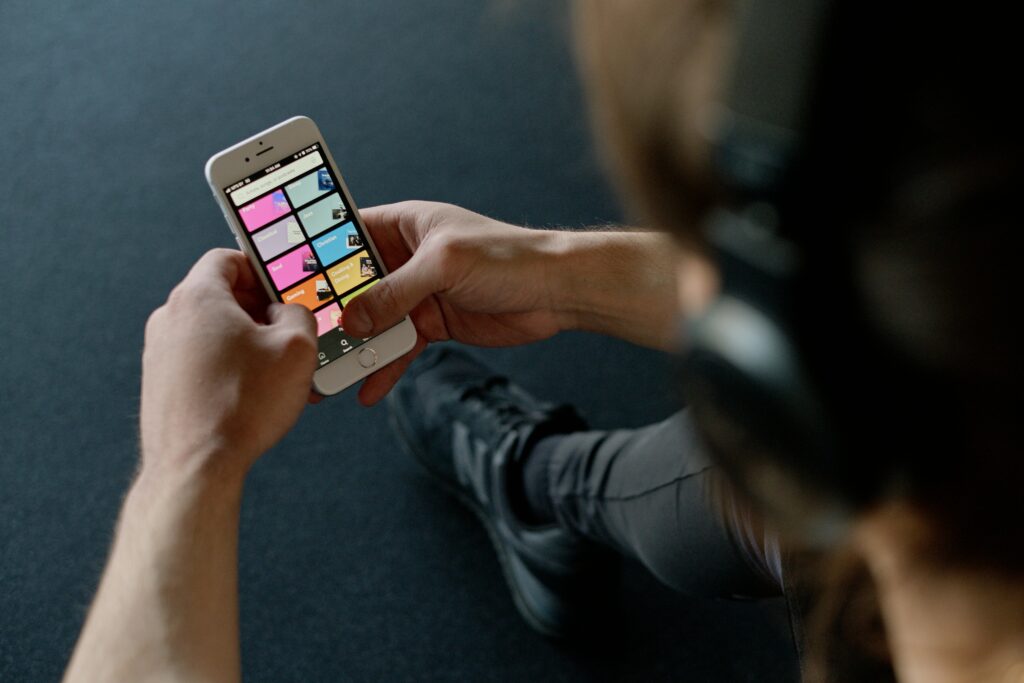As technology continues to evolve, health apps have become increasingly important in providing personalized care to various segments of the population. Health apps for specialized populations are designed to meet the unique health needs of specific groups, such as individuals with chronic illnesses, disabilities, or mental health conditions. In 2024, these apps are more advanced than ever, integrating AI, real-time data tracking, and customized care plans to enhance the well-being of users.

The Rise of Health Apps for Specialized Populations
With the advancement in digital health technology, health apps have transformed the way people manage their health. They are no longer just tools for tracking steps or monitoring heart rates. Instead, health apps for specialized populations are tailored to address the distinct requirements of users, offering everything from disease-specific information to virtual support communities.
Health Apps for Chronic Disease Management
Chronic conditions like diabetes, hypertension, and asthma require constant monitoring. Apps like MySugr (for diabetes) or Blood Pressure Companion provide users with tools to track their vitals, set medication reminders, and receive personalized advice. These apps make it easier for individuals to manage their conditions on a daily basis, improving outcomes and quality of life.
Mental Health Support Apps
For individuals dealing with mental health issues, such as anxiety, depression, or PTSD, specialized apps like Headspace and Calm provide accessible mental health support. These apps offer guided meditation, cognitive behavioral therapy (CBT) techniques, and relaxation exercises tailored to the user’s emotional state, offering relief and tools for better mental health management.
Health Apps for People with Disabilities

Apps are also making significant strides in aiding those with disabilities. Be My Eyes, for instance, connects visually impaired users with sighted volunteers who assist them in daily tasks via video calls. Similarly, Speech Assistant AAC helps individuals with speech impairments communicate more effectively through customizable phrases and text-to-speech technology.
Elderly Care and Health Monitoring
Elderly populations benefit from health apps for specialized populations designed to monitor their health and ensure safety. Apps like CareZone help seniors manage their medications, track health metrics, and keep their caregivers informed. Wearable devices connected to these apps can also detect falls or irregular heartbeats, sending immediate alerts to caregivers.
health apps for specialized population free
Health apps for specialized populations offer targeted support for unique health needs, often focusing on specific demographics such as seniors, individuals with chronic illnesses, or people with disabilities. These free apps provide tailored features like medication reminders, symptom tracking, and personalized health resources, making it easier for users to manage their health independently. Many apps also include connectivity to caregivers or healthcare professionals, promoting ongoing support. From apps for mental health to diabetes management, these tools help specialized populations maintain their well-being conveniently.
Personalized Fitness and Nutrition Apps
Health apps for specialized populations are also expanding to cater to those with specialized fitness and dietary needs. For instance, apps like Noom and MyFitnessPal offer personalized diet plans for users with specific health goals, while apps like Sworkit provide adaptive workout routines for people with limited mobility or specific fitness requirements.
Top Medical Apps and Resources for Patients, Professionals, and Students

1. Medical Apps for Patients
Medical apps for patients are designed to provide easy access to health resources, track vital signs, set medication reminders, and consult doctors directly from mobile devices. These apps support patients in managing their health efficiently and give them quick access to health records and information.
2. Free Medical Apps for Patients
Free medical apps for patients offer essential health services without any cost, and health apps for specialized populations making healthcare more accessible. They include features like symptom tracking, medication reminders, and fitness monitoring, empowering patients to maintain better health without financial barriers.
3. Top Medical Apps for Patients
Top medical apps for patients often provide comprehensive features like telemedicine, medication tracking, and personalized health tips. Popular examples include apps like MyChart, WebMD, and HealthTap, which are well-rated for their user-friendliness and extensive resources.
4. Apps for Healthcare Professionals
Apps for healthcare professionals offer advanced tools like patient record management, diagnostic aids, drug reference libraries, and clinical calculators. Examples include Epocrates, Doximity, and Medscape, which support doctors, nurses, and clinicians in delivering efficient patient care.
5. Medical Apps for Medical Students
Medical apps for medical students focus on study aids, anatomical references, clinical skills training, and interactive quizzes. Notable apps like Human Anatomy Atlas, Complete Anatomy, and Prognosis help students enhance their knowledge and clinical skills through interactive learning.
6. List of Medical Apps
A list of medical apps includes a variety of options tailored to patient needs, professional requirements, and educational purposes. Some notable ones are GoodRx for medication costs, Zocdoc for appointment scheduling, and MDCalc for clinical decision-making support.

7. Mobile Health Applications Examples
Examples of mobile health applications range from fitness tracking to chronic disease management. Popular examples include Fitbit for fitness, BlueStar for diabetes management, and Talkspace for mental health therapy, offering users specialized health assistance from their phones.
8. Population Health Software Vendors
Population health software vendors provide platforms that analyze health data across demographics to improve healthcare outcomes. Leading vendors like Epic Systems, Cerner, and Health Catalyst assist healthcare providers in managing and predicting health trends within communities to optimize resources.
Conclusion
Health apps for specialized populations have revolutionized personalized care, offering convenience, real-time data tracking, and tailored solutions to meet individual health needs. In 2024, these apps continue to evolve, providing a lifeline for those requiring specialized care, ensuring better management of chronic illnesses, mental health, and disabilities. As technology progresses, the future of healthcare apps promises even greater advancements, improving access to quality care for all.
Health apps for specialized populations are changing healthcare by providing personalized, real-time solutions that cater to unique needs, ensuring better health outcomes and improved quality of life.
Top 3 FAQs About Health Apps for Specialized Populations:
1. Are health apps for specialized populations easy to use for elderly users?
Yes, many health apps for the elderly are designed with simple interfaces, large fonts, and easy navigation to ensure ease of use for older adults.
2. Do these apps provide real-time health monitoring?
Yes, several health apps use connected devices like wearables to offer real-time monitoring, sending instant alerts to users and caregivers.
3. Can mental health apps replace professional therapy?
While mental health apps offer valuable support, they are not a substitute for professional therapy but can be a helpful complement in managing mental health issues.